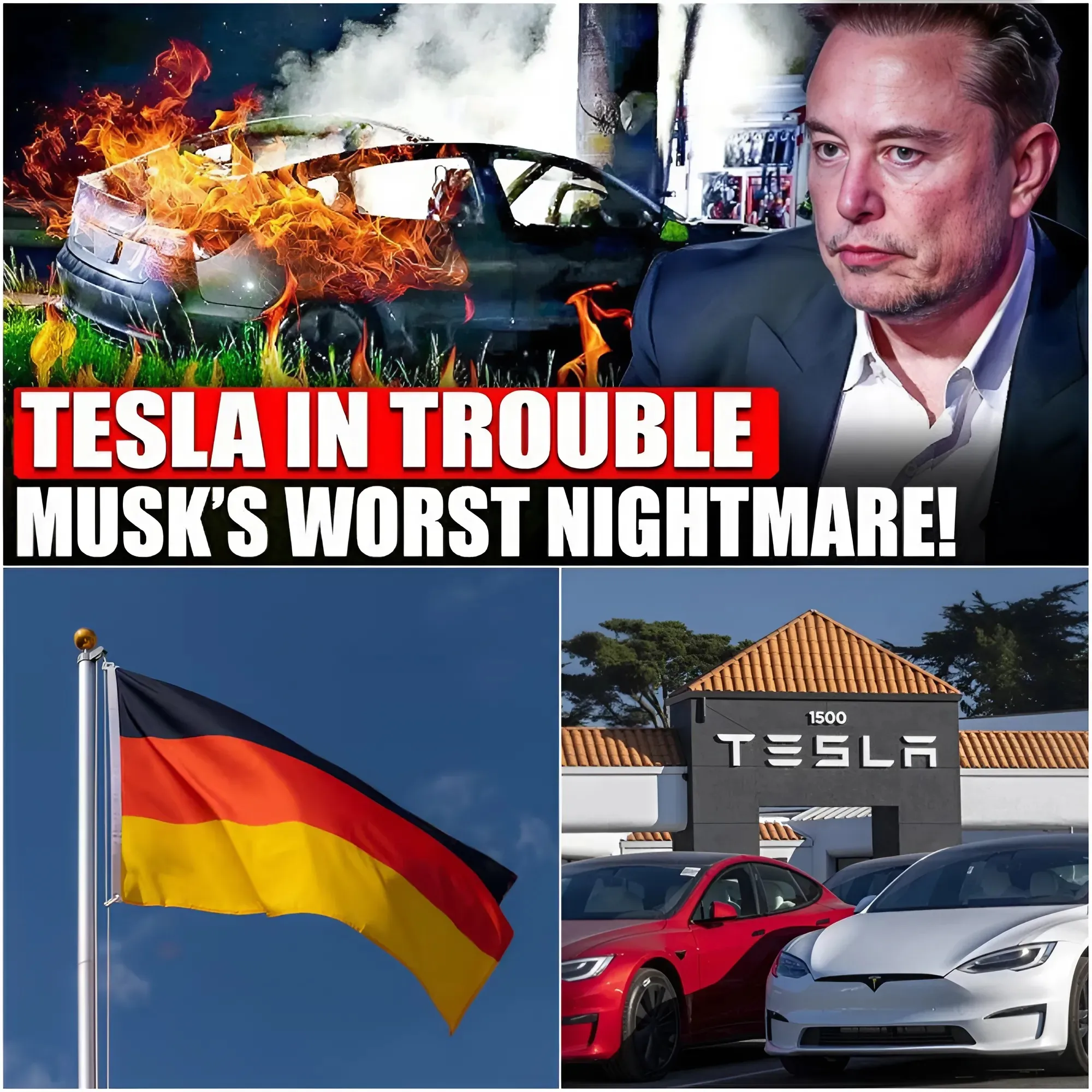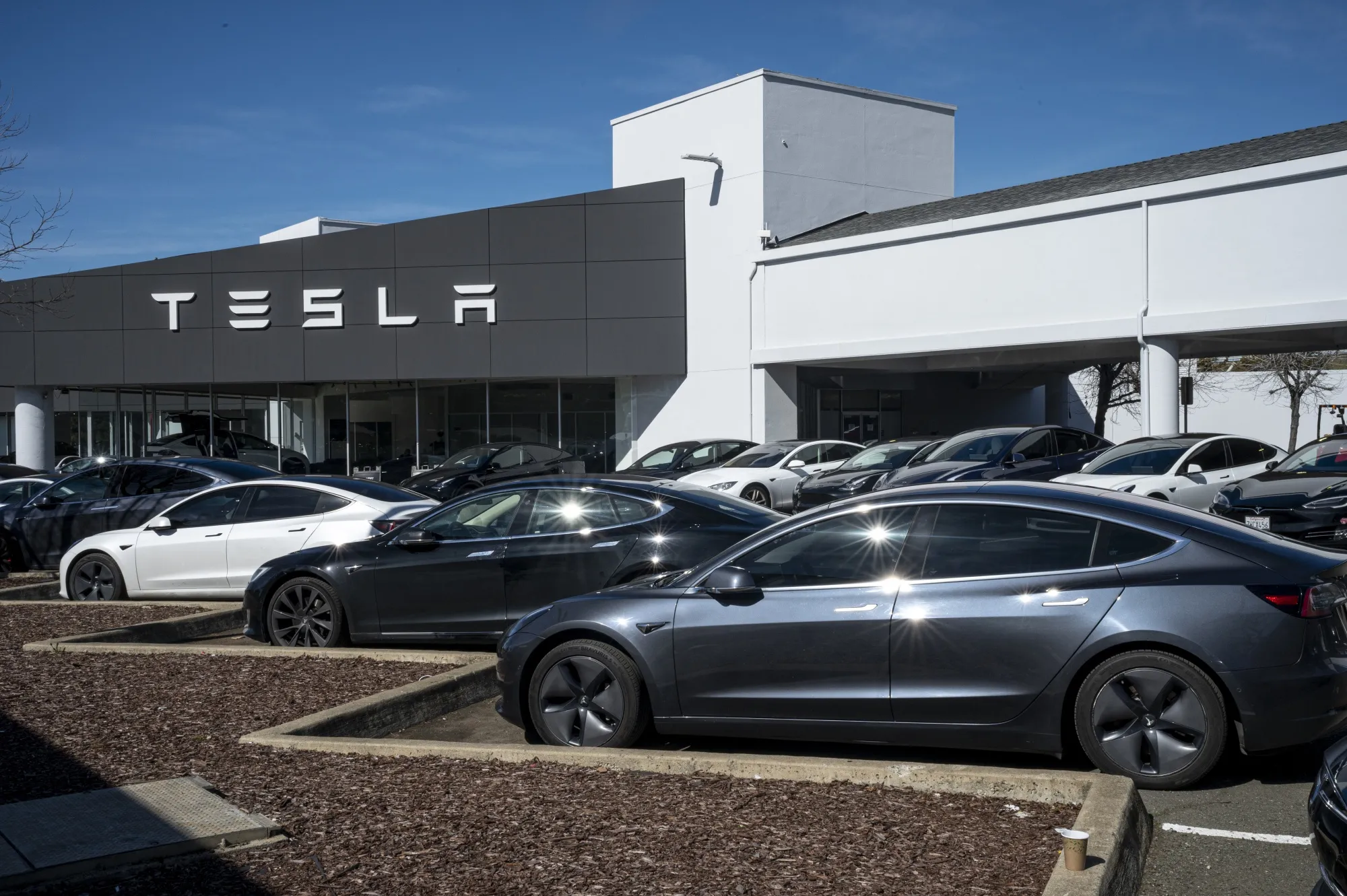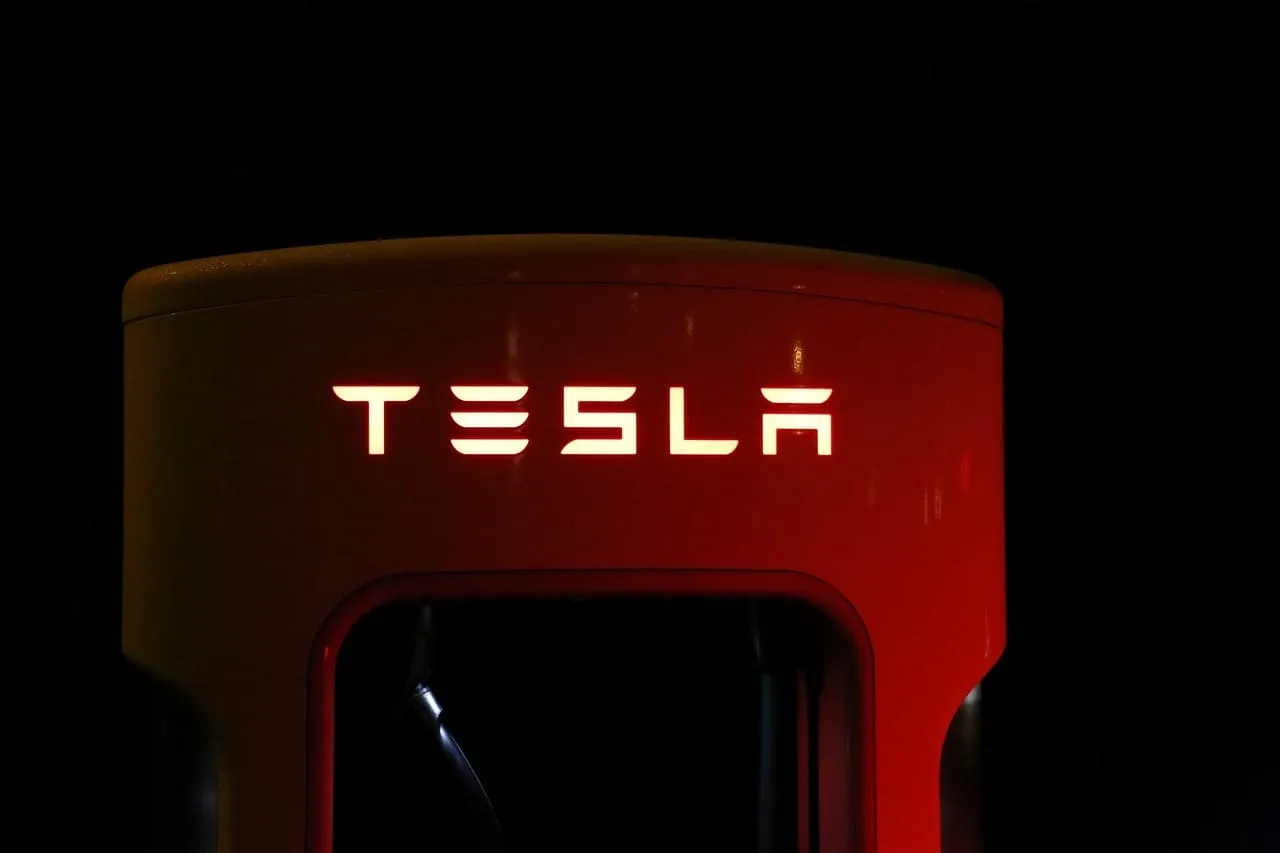Tesla is facing a significant financial setback as both stock prices and sales have sharply declined, following mounting opposition to Elon Musk’s ambitious strategies, particularly in Germany. The world’s leading electric vehicle (EV) manufacturer, which has long been celebrated for revolutionizing the automotive industry, is now grappling with challenges that threaten its position as an industry leader. With Germany, one of the largest automotive markets in Europe, voicing its opposition, the situation has sparked concern among investors, analysts, and fans of the electric car revolution.

Tesla’s stock prices have plummeted in recent months, reflecting the growing unease among investors regarding the company’s future prospects. The decline comes after a series of strategic decisions made by Musk and Tesla that have drawn heavy criticism, especially from German lawmakers and automotive industry leaders. While Tesla has long been a leader in the EV market, the company’s expansion into Europe has not been without its hurdles, particularly as German officials express concerns over environmental standards, local manufacturing practices, and Tesla’s approach to market penetration.
Germany, home to some of the world’s most prestigious automotive brands such as BMW, Mercedes-Benz, and Volkswagen, has been a critical battleground for Tesla. While Musk’s strategy of aggressive expansion in Europe initially appeared promising, it has now run into significant roadblocks. German lawmakers have voiced opposition to Tesla’s Gigafactory in Berlin, citing environmental and regulatory concerns. Critics argue that Tesla’s rapid growth in the region could undermine the local automotive industry and jeopardize thousands of jobs. Additionally, there are concerns about Tesla’s treatment of workers, with reports of labor unrest in the Berlin factory, further exacerbating the negative sentiment.

The impact of this opposition is being felt not only in Tesla’s stock market performance but also in its sales figures. Despite its early success in Europe, Tesla has experienced a sharp drop in sales in Germany, one of its key markets. As local manufacturers ramp up their electric vehicle offerings, Tesla faces increasing competition from well-established brands that have the advantage of local production and consumer trust. The loss of market share in such an important region is a significant blow to Tesla’s growth strategy, which was heavily reliant on the European market.

While Tesla’s long-term vision for a sustainable, global electric vehicle fleet remains unchanged, the company is now facing a crucial test. Elon Musk’s aggressive expansion tactics, coupled with opposition from a key market like Germany, have raised doubts about the company’s ability to maintain its dominant position in the EV sector. For now, the future of Tesla appears uncertain, as the company struggles to navigate the turbulent waters of international regulation and increasing local resistance.
Tesla’s stock price and sales drop highlight the growing friction between Musk’s bold vision and the realities of international markets. As Tesla works to address these challenges, the coming months will be critical in determining whether the company can recover and continue its leadership in the electric vehicle revolution, or if it will be overtaken by more established competitors.


